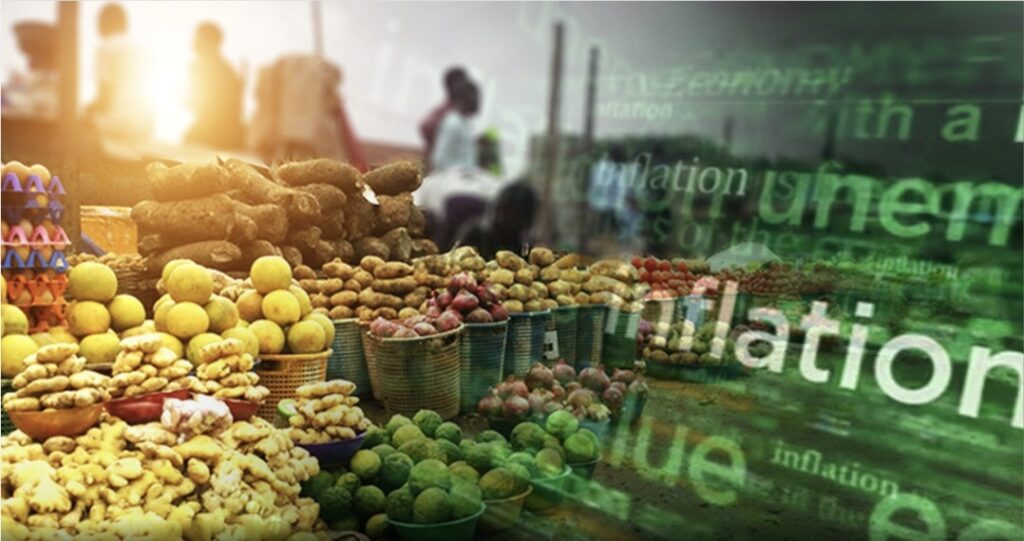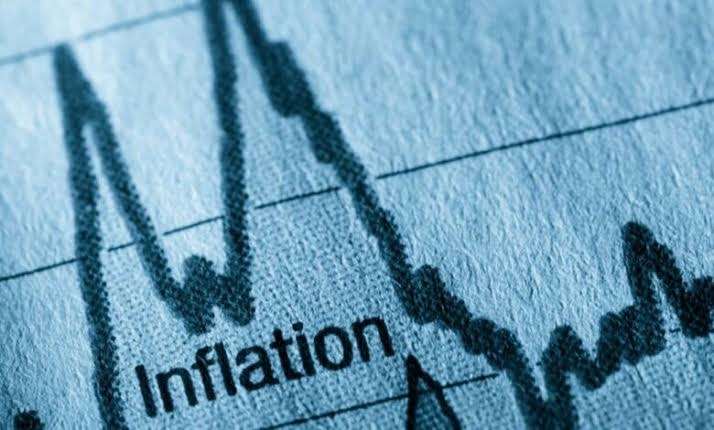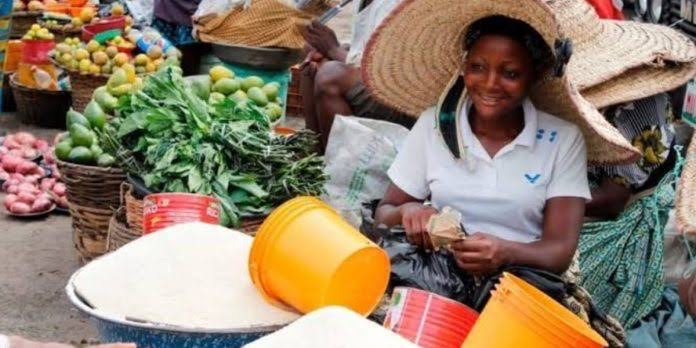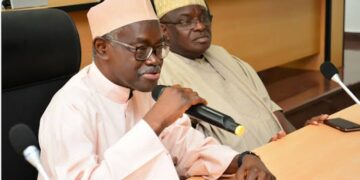Nigeria’s inflation rate fell for the first time in more than a year to 33.40% in July from 34.19% in June, according to data released Thursday by the National Bureau of Statistics.
The drop is in line with expectations from analysts who suggested inflation may have peaked in June as the effects of the naira devaluation faded.

July’s drop will provide some relief to Nigerians who have been struggling with rising living costs and have recently protested against economic hardship and governance issues.
Inflationary pressures have been driven primarily by President Bola Tinubu’s economic reforms. These include increasing electricity tariffs, devaluing the naira, and removing decades of gasoline subsidies. The aim is to shore up finances and stimulate economic growth, but it has led to higher prices, putting pressure on household finances.

The last time Nigeria recorded a decline in annual inflation was in December 2022. To curb inflation, the Central Bank of Nigeria has raised interest rates four times this year. But following the latest hike in July, some analysts wonder if the central bank may be nearing the end of its rate-hiking cycle.
The next meeting to discuss the central bank’s monetary policy is scheduled for the end of September. Meanwhile, the statistics bureau said food and non-alcoholic beverages remained the main drivers of inflation in July, with food inflation down slightly to 39.53 percent from 40.87 percent in June.



































